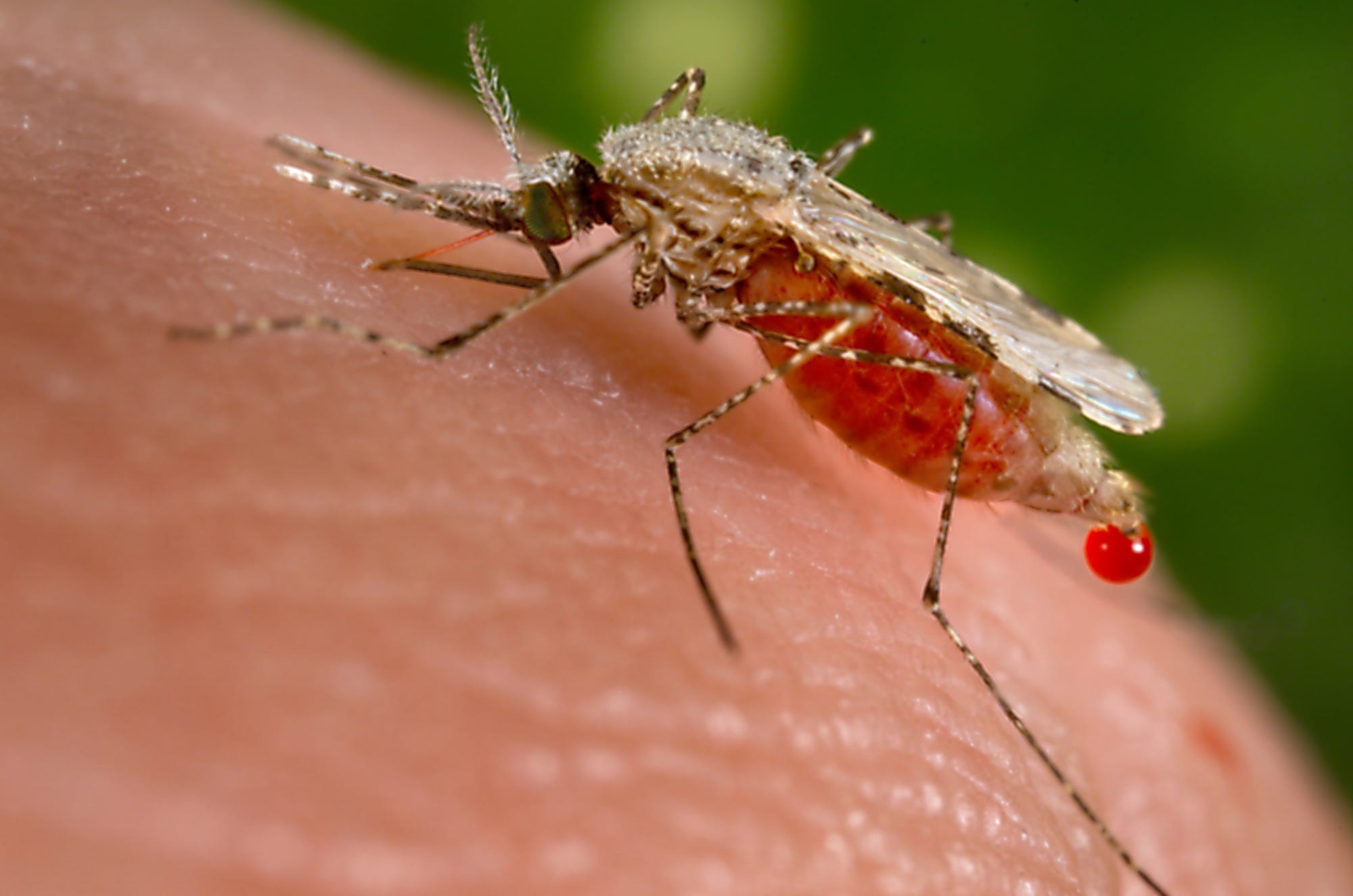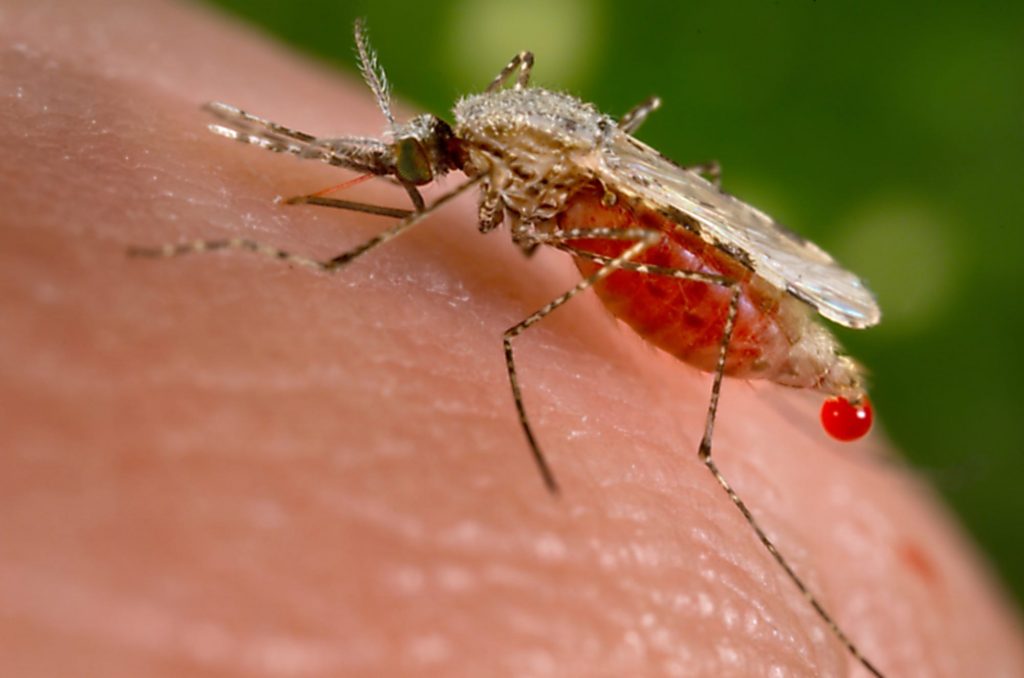
Smith Collection/Gado/Getty Images
- New York and Massachusetts found mosquitos infected with West Nile virus this month.
- In Arizona, Arkansas, Illinois, and Iowa, a few humans have also been infected.
- West Nile virus is typically mild, but can lead to paralysis or death in severe cases.
- Visit Insider's homepage for more stories.
It's peak mosquito season, and the little bloodsuckers have already tested positive for West Nile virus in at least six US states.
West Nile virus is the leading cause of mosquito-borne disease in the continental US, according to the Centers for Disease Control and Prevention. The illness typically peaks around this time of year.
New York was the latest state to report infected mosquitos last week. In a press release, Rockland County reported two groups of mosquitos carrying the virus in Orangetown and Clarktown. Fortunately, no humans have been infected yet.
Massachusetts also reported its first West Nile-infected mosquito of the season with no known human cases. However, Arizona, Arkansas, Illinois, and Iowa have each seen one or two people fall severely ill with the virus this summer, according to the CDC.
West Nile virus is usually mild, but can be fatal in rare cases
Small as they may be, mosquitos kill more people than any other creature in the world. The insects are known to carry several dangerous diseases including malaria, dengue, Zika, and more.
Most people infected with West Nile virus don't even know they're sick, and it's rarely spread from human to human. But about one in five people infected will come down with a fever and flu-like symptoms such as headache, body aches, vomiting, diarrhea, or rash.
An even smaller contingent go on to develop severe illness that can lead to paralysis or death. West Nile cases are considered neuroinvasive if people experience inflammation in or around the brain, such as encephalitis or meningitis.
Two people in Arizona and three people across Arkansas, Illinois, and Iowa have experienced such severe cases. In Arkansas, the infected person died.
Last year, 39 US states reported cases of West Nile virus. Of those cases, 505 were severe or neuroinvasive, and 52 people died.

